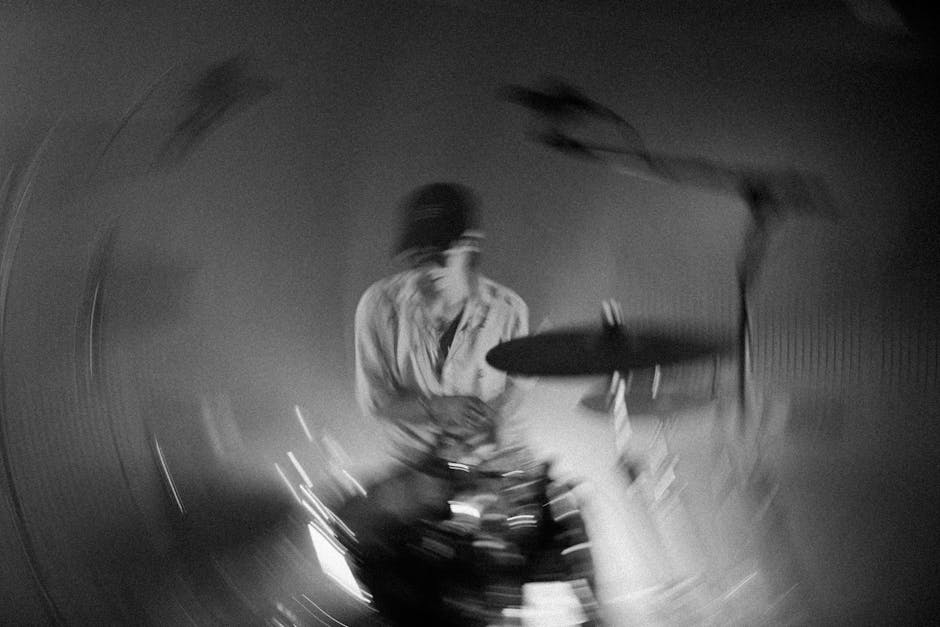The human experience is inherently interwoven with narrative and expression. Music and entertainment, deeply ingrained in societal fabric, provide powerful channels for this expression. Artists, in their various forms, are not merely creators; they are architects, shaping cultural landscapes through their art, profoundly impacting perceptions, attitudes, and behaviours. Their roles extend far beyond the mere creation of aesthetically pleasing sounds or visuals; they actively participate in the evolving narrative of a society.
A critical role played by music and entertainment artists is in reflecting and refracting societal norms. Consider the rise of punk rock in the 1970s. Bands like the Sex Pistols and the Ramones, with their rebellious lyrics and anarchic performances, offered a mirror to a generation grappling with political unrest, economic anxieties, and social inequality. The music served as a potent voice for disenchantment and a call for change, pushing cultural boundaries and challenging established ideologies. Similarly, hip-hop, originating in marginalized communities, provided a platform for voices often unheard, articulating experiences of poverty, discrimination, and resilience. The music became a powerful tool, not only for artistic expression, but also for social commentary and empowerment. Furthermore, contemporary artists like Billie Eilish and Taylor Swift, in their respective genres, navigate issues of identity, mental health, and social justice through their art, giving voice to anxieties and aspirations of a generation.
Beyond reflection, artists play a considerable role in inspiring and initiating shifts in social attitudes. Music can incite feelings of solidarity and belonging, uniting communities through shared experiences. Think of the powerful unifying effect of anthems during social movements or the unifying spirit of a stadium filled with fans chanting their team’s song. These shared experiences foster a sense of collective identity, reinforcing values and beliefs. The music of protest songs, for instance, has historically provided solace, guidance, and a sense of collective action. The revolutionary power of music can be traced across numerous social and political movements, encouraging people to unite, to fight, and to hope.
The very act of popularizing certain genres and styles can influence social trends. A hit song’s proliferation through the airwaves and social media can rapidly elevate a genre to mainstream acceptance. The spread of dance music, for example, often correlates with shifts in social attitudes towards dance and freedom, evolving cultural norms concerning social interaction and expression. The rapid rise of K-pop in recent years has had a considerable global impact, showcasing the ability of a particular style of music and entertainment to not only entertain but also to spread cultural influences and create a sense of global interconnectedness.
Artists are instrumental in creating cultural narratives. Movies, television shows, and even video games often craft stories that reflect societal values or challenge them. The depiction of characters from diverse backgrounds, the representation of LGBTQ+ identities, and the exploration of challenging social issues can play a pivotal role in how cultures perceive and engage with different groups. Films, like those by Spike Lee, have, for example, directly tackled racial disparities and injustices within the socio-political discourse, serving as catalysts for discussion and change. Furthermore, the exploration of themes such as environmental consciousness, social justice, and mental health in popular entertainment fosters crucial conversations and encourages audiences to reflect on their own values. This capacity to establish and shape cultural narratives is fundamental to artistic expression.
Moreover, music and entertainment artists play a vital role in economic development. The global music industry generates significant revenue, creating jobs and fostering economic growth. The success of artists from diverse cultural backgrounds can promote international trade and cultural exchange. The popularity of Bollywood films not only entertains audiences worldwide but also showcases India’s rich culture and traditions. Furthermore, the rise of digital platforms has democratized access to creativity and entrepreneurship, empowering new artists and providing avenues for cultural expression.
The impact of artists often extends to shaping political landscapes. The use of music as a tool of protest and social mobilization is well-documented, influencing opinions and driving social movements. Music can inspire resistance, offer solace, and ultimately drive change in political systems. For instance, protest songs in many societies have played a significant role in advocating for greater social and political justice.
Ultimately, artists are dynamic forces in the formation and evolution of culture. Their contribution goes far beyond mere entertainment; they are interpreters of societal anxieties, advocates for social change, and architects of shared experiences. They provide a lens through which a society views itself, fosters conversations, and ultimately molds the future. From the powerful lyrics of protest songs to the captivating narratives of films, artists profoundly influence and shape the cultural fabric that defines us. Their work, in essence, is not only artistic expression but a vital engagement with the ongoing narrative of human existence.
